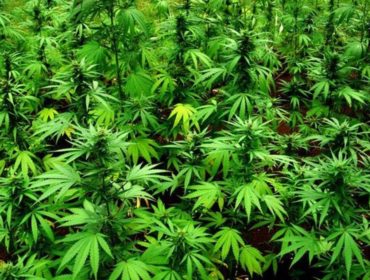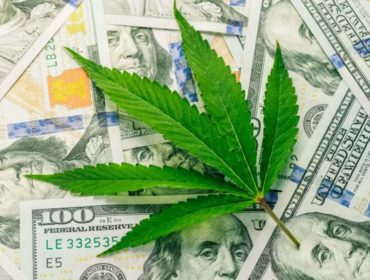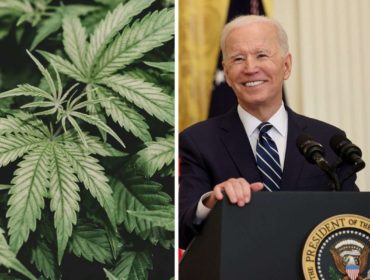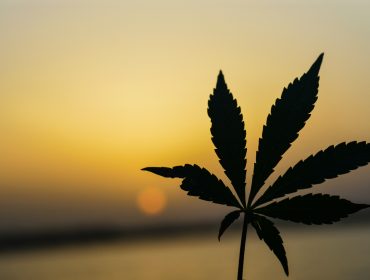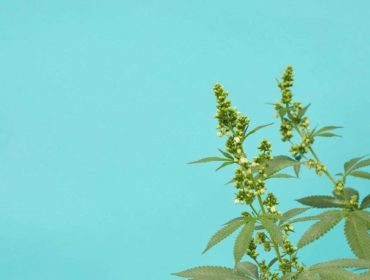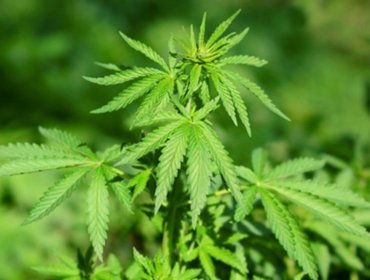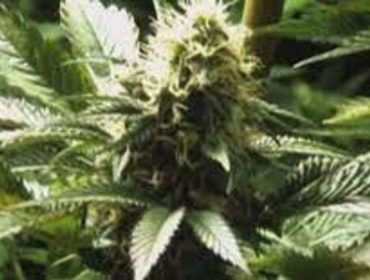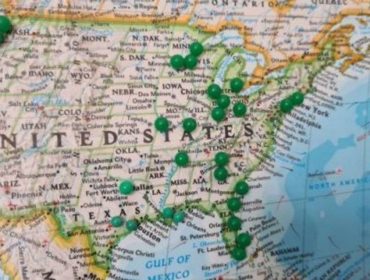France tiptoes into the medical cannabis industry, but legalization needs to be implemented.
The French government issued a decree last month that authorizes the cultivation of medical cannabis and the development of its industry.
Although the decree entered into force on March 1, 2022, regulators need to implement it.
The legislation only specifies the conditions and procedures for the cultivation and production of cannabis for medical use.
The decree has amended some parts of France’s Code of Public Health to allow cultivation, production, manufacture, transport, import, export, and possession of cannabis and its derivatives under medical authorization.
The National Agency for the Safety of Medicines and Health Products (ANSM) will supervise the creation of the medical cannabis supply chain.
The agency has also set up a committee made up of 11 members to examine several aspects of the supply chain, including the identification of the cannabis strains available for the medical treatment, the level of THC and CBD, track and trace systems, the methods of ingesting cannabis-based medicines, and the pharmaceutical quality criteria.
The decree follows a medical cannabis pilot project announced in 2020 and launched in March 2021, which is currently targeting up to 3,000 patients suffering from severe conditions, such as chronic pain and epilepsy, and it will continue to operate, supervised by the ANSM, until March 26, 2023.
France imported medical cannabis from abroad to support its pilot project. However, it is still unclear whether non-French cannabis companies will continue to be involved in the industry that ANSM will create.
As the decree seems to create an industry shaped on the pharmaceutical industry and the medically certified (EU-GMP) supply chain, it is unclear whether cannabis flowers will be used as the final product for patients.
Furthermore, some experts highlight that France would establish a limited market.
As the ANSM will be the only industrial operator to delegate the production of medical cannabis, some experts argue that the agency may choose a single industrial operator to delegate the production to a limited number of producers, which could limit access to medical cannabis.
Such a scenario may be similar to the Italian medical cannabis industry, which lacks domestic production and needs to import cannabis from abroad.
Such a caution to enter the medical cannabis industry can be explained by the harsh French policies on cannabis.
France has one of the strictest cannabis policies in the European Union (EU), although it has one of the highest cannabis consumption rates in Europe.
Whoever possesses cannabis may face a prison sentence of up to one year and a fine of over $4,000. Illegal cannabis import, export, transportation, possession, supply, and delivery can be charged with higher penalties.
However, France rolled out an on-the-spot fine of €200 in 2020, reducible to €150 if paid within 15 days or increased to €450 if paid after 45 days.
Nevertheless, such harsh policies also affect the patients who could use medical cannabis.
France allowed in 2013 the use of cannabis derivatives in the making of medicinal products under prescription and only when no other treatments don’t make benefit the patient’s suffering.
Even regarding the CBD industry, the policy adopted by the French government is severe.
Although France is the leading producer of hemp in the EU, most plants are used for industrial purposes.
However, the sale of CBD-based hit the market in France, and CBD shops flourished in recent years. But as the sale of CBD flowers is not regulated, it has been the object of political concern in recent years.
CBD is legal to be only sold if it contains no THC. Otherwise, it may be considered a narcotic drug by the authorities.
As a result, the sale of CBD flowers has been subjected to restrictions.
French courts targeted CBD shops. However, the European court ruled in later 2020 that France’s ban on CBD products was illegal because CBD “doesn’t harm human health.”
Nevertheless, the French government tried again to introduce the ban in December last year. Still, a French court stated that there had been serious doubt about the legal status of the CBD ban, considering that the flower products contained a THC level below 0.3% THC, and such a threshold made it possible to sell them legally.
Although the National Assembly, the lower house of the bicameral French parliament, launched an online consultation on recreational cannabis legalization in January 2021 to provide information about the French public’s views about cannabis and help understand what drug policies people want, it is unlikely that thegovernment would implement a recreational program at this time.
It is still too early to understand how the French medical cannabis market will be shaped. Although Canadian and American medical cannabis companies may already establish a foothold in France, the lack of political will to ease restrictions on cannabis policies may hamper the French medical cannabis industry from taking flight.
Source: https://www.forbes.com/sites/dariosabaghi/2022/03/07/france-enters-the-medical-cannabis-industry/?sh=ed70ec71a0de


